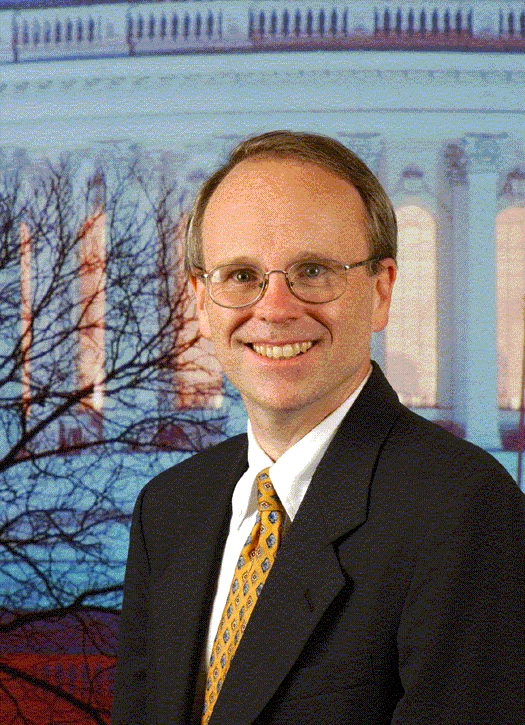"When something such as the Panama Papers [disclosures on global tax avoidance] happens, we seem to be surprised. We should not be."
— Vito Tanzi, former leader of international tax policy at the International Monetary Fund; author of "Taxation in an Integrating World" (1995)
"Taxes are what we pay for civilized society," said the famed U.S. Supreme Court Justice Oliver Wendell Holmes Jr. So what does it say about society when it tolerates a skewed tax system that applauds tax avoidance, accommodates tax evasion, mocks the compliance of honest taxpayers and drags its feet on tax cooperation?
Those are some of the philosophical (and pointedly political) questions that are being debated this week at the World Bank, at a conference that has gathered some of the world's foremost authorities on international tax policy along with international advocates of fair and effective taxation.
If you can't make it in-person to the Bank's Preston Auditorium this week, many of the conference sessions are being livestreamed and the video will be archived at live.worldbank.org/winning-the-tax-wars
The livestreamed sessions include a pivotal speech by a determined tax-policy watchdog, former Sen. Carl Levin (D-Michigan) — the former chairman of the U.S. Senate's Permanent Subcommittee on Investigations — whose address on "Reducing Secrecy and Improving Tax Transparency" will be one of the highlights of the forum.
Coming just a week after a global conference in London on tax havens, tax shelters and abusive tax-dodging — a conference that highlighted some wealthy nations' lackadaisical approach to enforcing tax fairness — this week's Bank conference, "Winning the Tax Wars: Protecting Developing Countries from Global Tax Base Erosion" will propel the fair-taxation momentum generated by the recent Panama Papers disclosures. That leaked data exposed the rampant financial engineering (by high-net-worth individuals and multinational corporations) to avoid or evade taxes.
Judging by its opening speeches and panels, the conference seems likely to catalyze international zeal for broad-scale tax reforms — perhaps provoking an outcry among the enablers of tax-dodging, who claim that the parasitic global tax-evasion industry deserves to be considered as a legitimate part of the international economy.
One of the most striking ideas tossed up in Monday morning's discussions — by Vito Tanzi, a scholar who served for 27 years as the top tax expert at the International Monetary Fund — was the concept of an International Revenue Service or a World Tax Authority to provide effective surveillance of countries' tax policies, and to provide a forum for "shaming" outlier countries that flout tax transparency. Noting that the emergence of the global One Percent of ultra-high-income earners had created perverse incentives to indulge in tax avoidance — with some rogue law firms and accounting firms abetting lawbreakers who game the international tax system, sometimes contriving ways to end up paying no taxes to any jurisdiction at all — Tanzi compared tax-avoidance cheerleaders to "termites" who are steadily eating away at tax fairness.
Tanzi's plea to battle tax complexity ("this is the battle we should fight — the rest is a smokescreen") seemed in synch with the observation of Erika Dayle Siu of the Independent Commission for the Reform of International Taxation: "Anything less than full [tax-policy] harmonization creates divergence" among national-level tax policies, and thus creates opportunities to intensify tax competition among countries in a nonstop "race to the bottom." In response to an exasperated questioner from the floor — who noted that global tax evasion and money laundering has long been rampant and has been repeatedly exposed, yet has escaped strict policing by national-level governments — Siu had a simple, politically candid bottom-line summary: "It boils down to economic self-interest."
With the goal of proving that "cooperation can trump competition" on international tax policy — as outlined in the opening address by World Bank Vice President Jan Walliser, who leads the Bank's practice group on Equitable Growth, Finance and Institutions (EFI) — the conference seems poised to underscore the importance of "protecting developing countries from global tax-base erosion." Fulfilling that ideal — a means of empowering developing economies, by ensuring that their governments will have the revenue they need to deliver urgently needed human services — is an indispensable step toward achieving the goals of eliminating extreme poverty and promoting shared prosperity.
Many of the conference proceedings were livestreamed, and the video is now archived at http://live.worldbank.org/winning-the-tax-wars


Join the Conversation